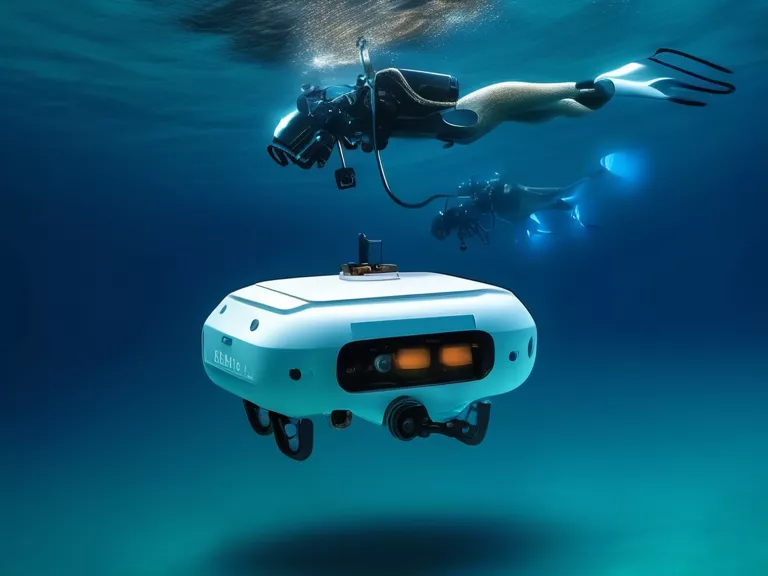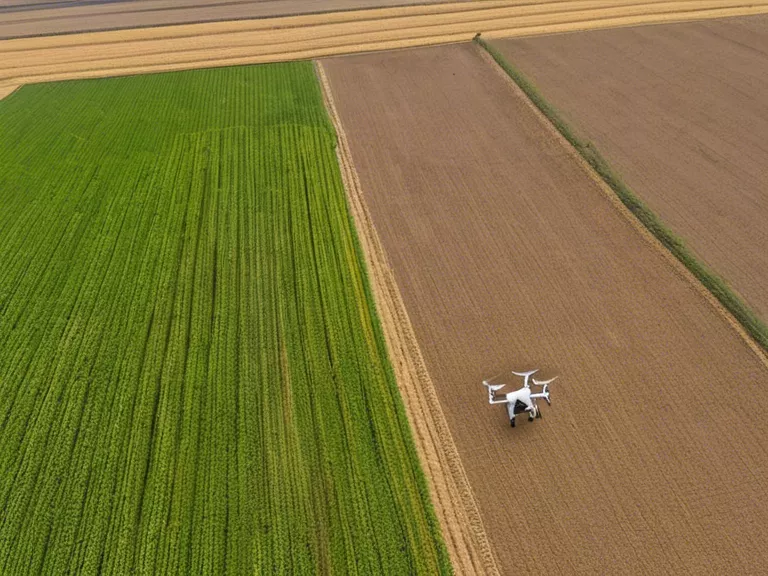
The Future of Underwater Drones in Marine Exploration and Research
With advancements in technology, underwater drones are becoming increasingly popular tools for marine exploration and research. These unmanned vehicles have the capabilities to reach depths that are difficult for humans to access, allowing scientists to study marine life, underwater terrain, and even phenomena such as ocean acidification and coral bleaching. The future of underwater drones looks promising in marine conservation efforts, as well as in the exploration of unknown areas of the ocean.
One of the key benefits of using underwater drones in marine research is their ability to collect data in real-time. Equipped with high-definition cameras, sensors, and other scientific instruments, these drones can provide researchers with valuable information about the underwater environment. This data can be used to monitor changes in marine ecosystems, track the movement of marine species, and even assess the impact of human activities on the ocean.
In addition to data collection, underwater drones can also be used for habitat mapping and underwater archaeology. These drones can create detailed maps of the seafloor, allowing scientists to better understand the underwater landscape and identify important habitats for marine life. In the field of underwater archaeology, drones have been used to explore ancient shipwrecks and other submerged cultural heritage sites, providing valuable insights into our maritime history.
As underwater drones continue to evolve, researchers are finding new and innovative ways to use these tools in marine exploration and research. From studying deep-sea hydrothermal vents to monitoring marine protected areas, the applications of underwater drones in marine science are vast and diverse. The future of underwater drones in marine exploration holds great potential for expanding our knowledge of the ocean and improving our ability to protect marine ecosystems.
In conclusion, underwater drones are revolutionizing the field of marine exploration and research. By providing scientists with a cost-effective and efficient way to study the underwater world, these unmanned vehicles are helping to unlock the mysteries of the ocean and advance our understanding of marine ecosystems. The future of underwater drones in marine exploration is bright, and their potential in conservation efforts and scientific discovery is immense.



